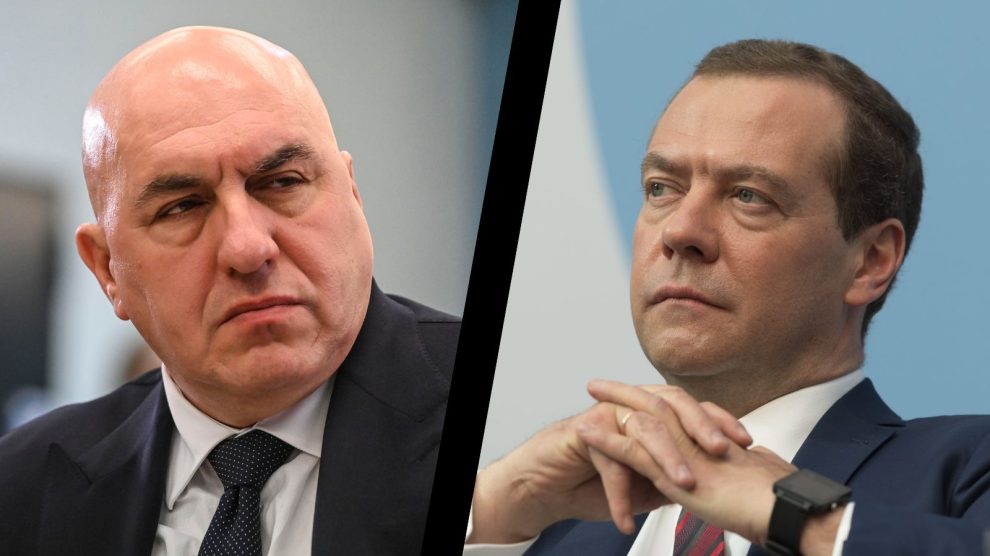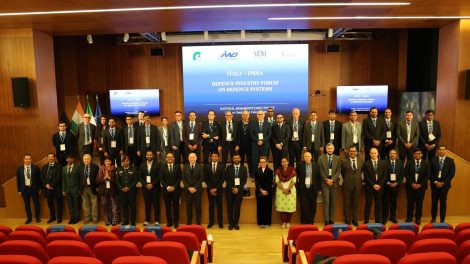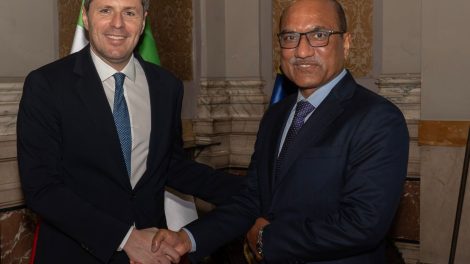Italy’s support to Ukraine. “Only if Ukraine resists the impact of a new attack may the conditions for dialogue ensue,” Defence Minister Guido Crosetto told Corriere della Sera in a wide-ranging interview.
- “I hope that physical confrontations will be avoided, that blood will cease to call for more blood,” the minister said, “but dialogue will be difficult; Russia does not want to leave the occupied Ukrainian territories;” hence the need to support the resistance.
- Last Friday, Mr Crosetto anticipated to our sister website that Italy’s next weapons package “could be born next week”. It’s expected to contain air defence equipment to shield Ukrainian citizens from Russian missiles, including the advanced SAMP/T system.
- “We’re sending what the Ukrainians have asked us to defend themselves from the missile attacks – which are mainly hitting civilian objectives and infrastructures,” he told the Corriere, noting that the package will also contain “heated tents, clothing and an immense quantity of power generators to supply electricity to millions of people.”
Medvedev’s attack. The interview came out in the wake of a back-and-forth between Mr Crosetto and the Deputy President of Russia’s Security Council, Dmitry Medvedev – who referred to the Italian defence minister as a “rare fool.” That was in response to Mr Crosetto calling a Russian victory in Ukraine a “step toward World War III.”
- The Defense Minister’s reaction was wry: “[Mr] Medvedev is probably right in calling me a rare fool,” as he continues believing it is right to support Ukraine against brutal and meaningless aggression, he said.
- “I only explained that if the [invasion’s] goal was to conquer Kyiv, occupy the whole of Ukraine and bring tanks to the borders of Europe, the responsibility for the escalation could not be attributed to others,” he later told the Corriere. “You can see that [Mr] Medvedev was annoyed because I simply tried to explain the truth, based on facts.”
The Kremlin’s barrage of propaganda. Mr Crosetto has become familiar with these kinds of attacks, as this is not the first time Russian propaganda targets the Italian defence. Earlier in January, the Russian Embassy in Italy published several posts to cast doubt on Rome’s logistical support and its effectiveness on the battlefield. Each time, Minister Crosetto sought to fact-check and dispel the “obvious fake news.”





